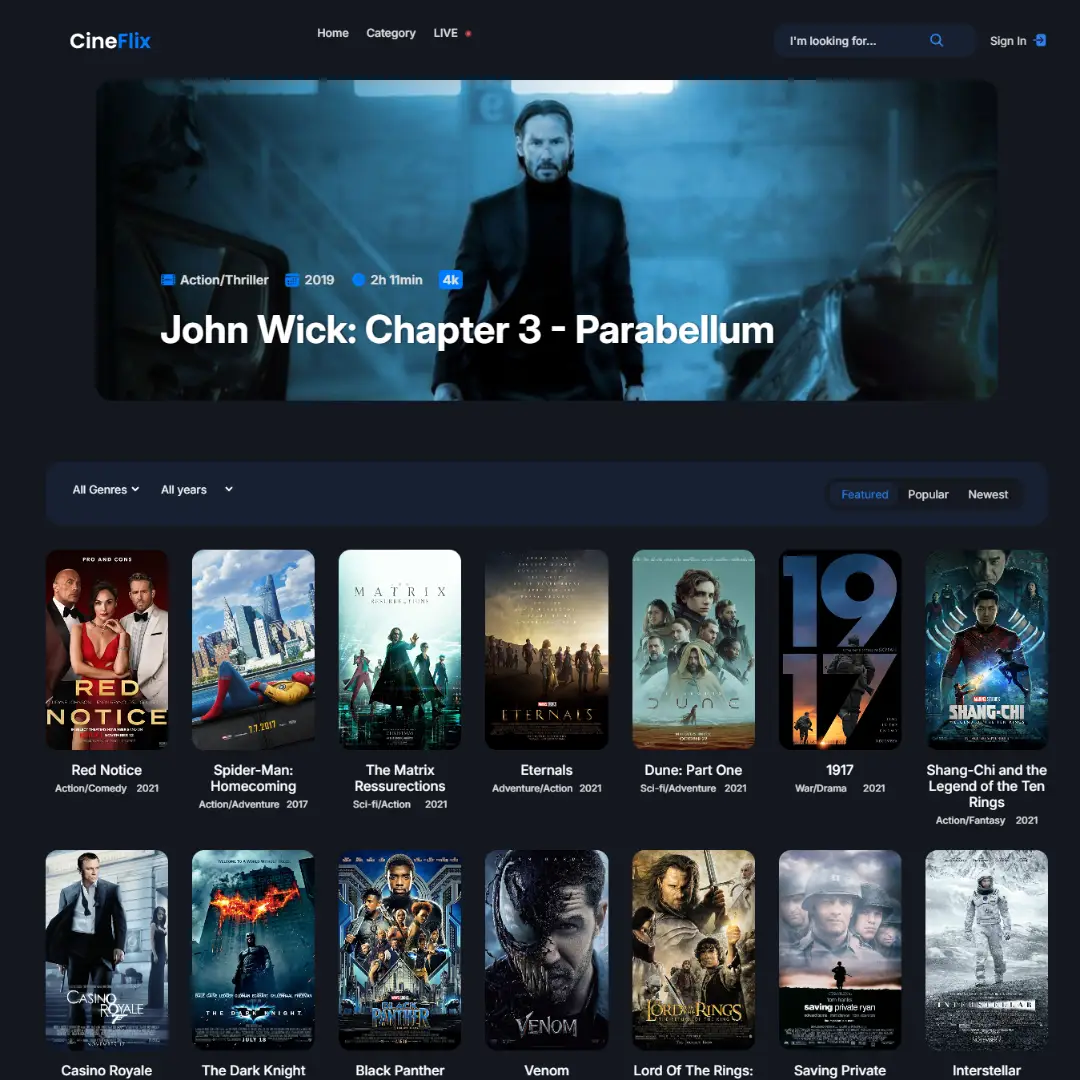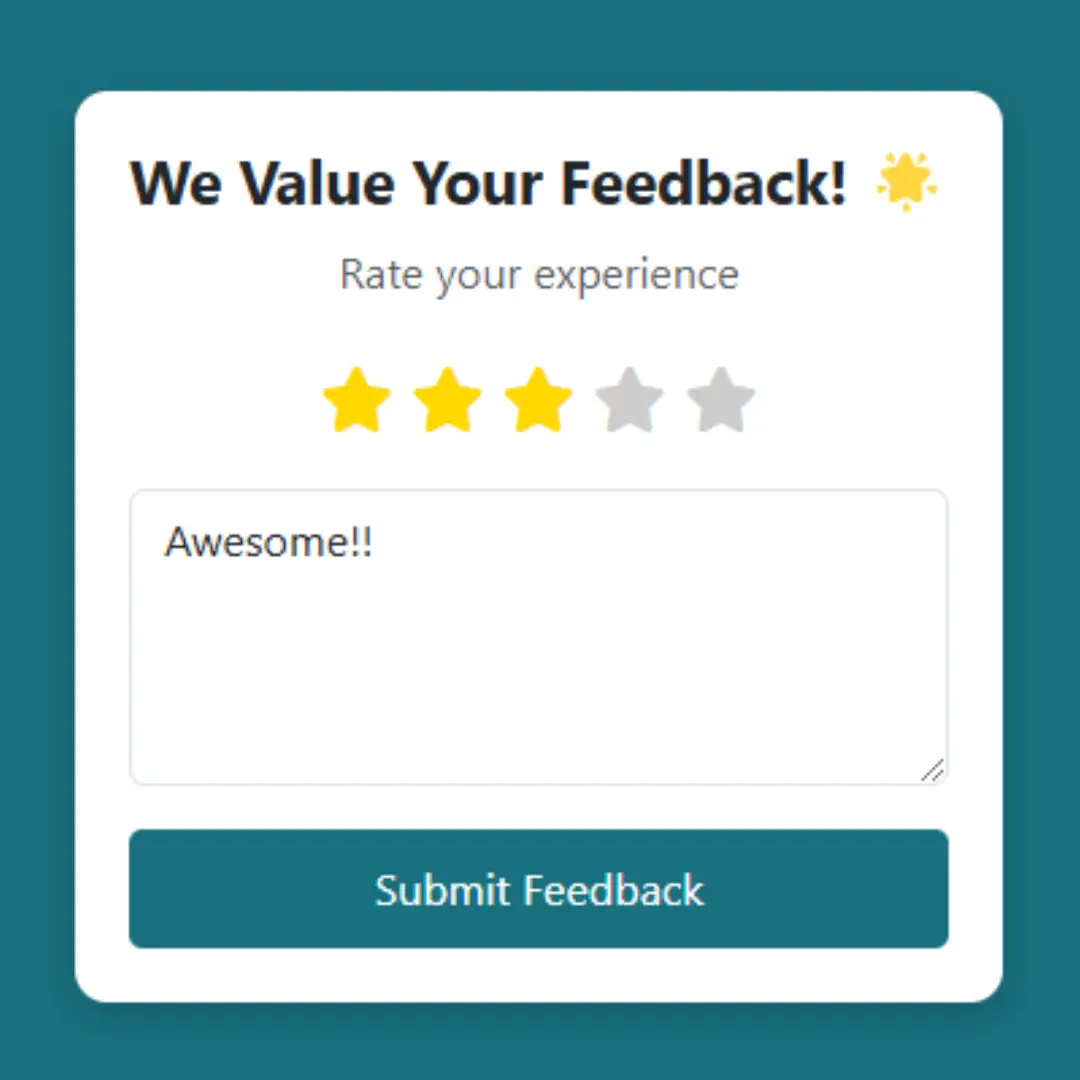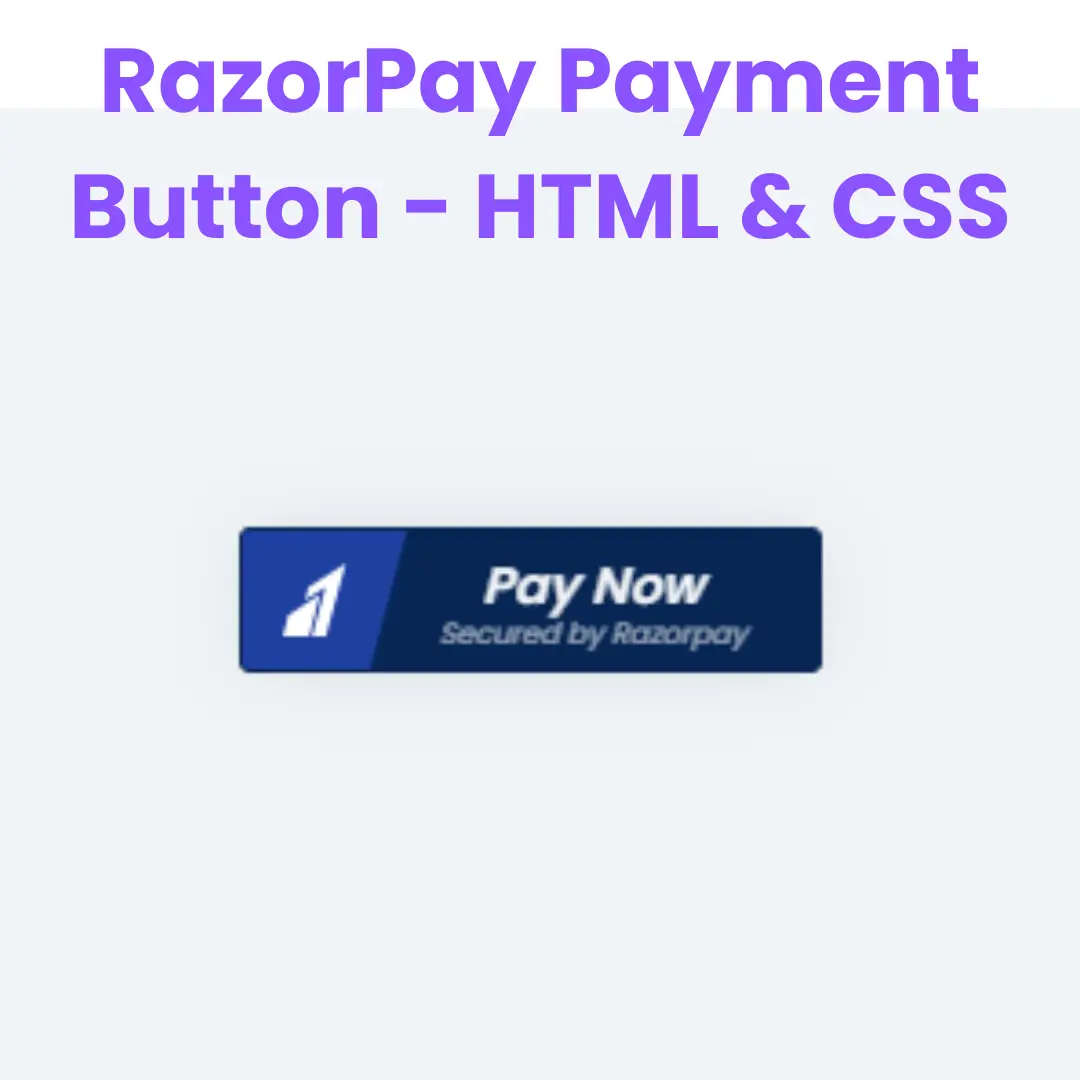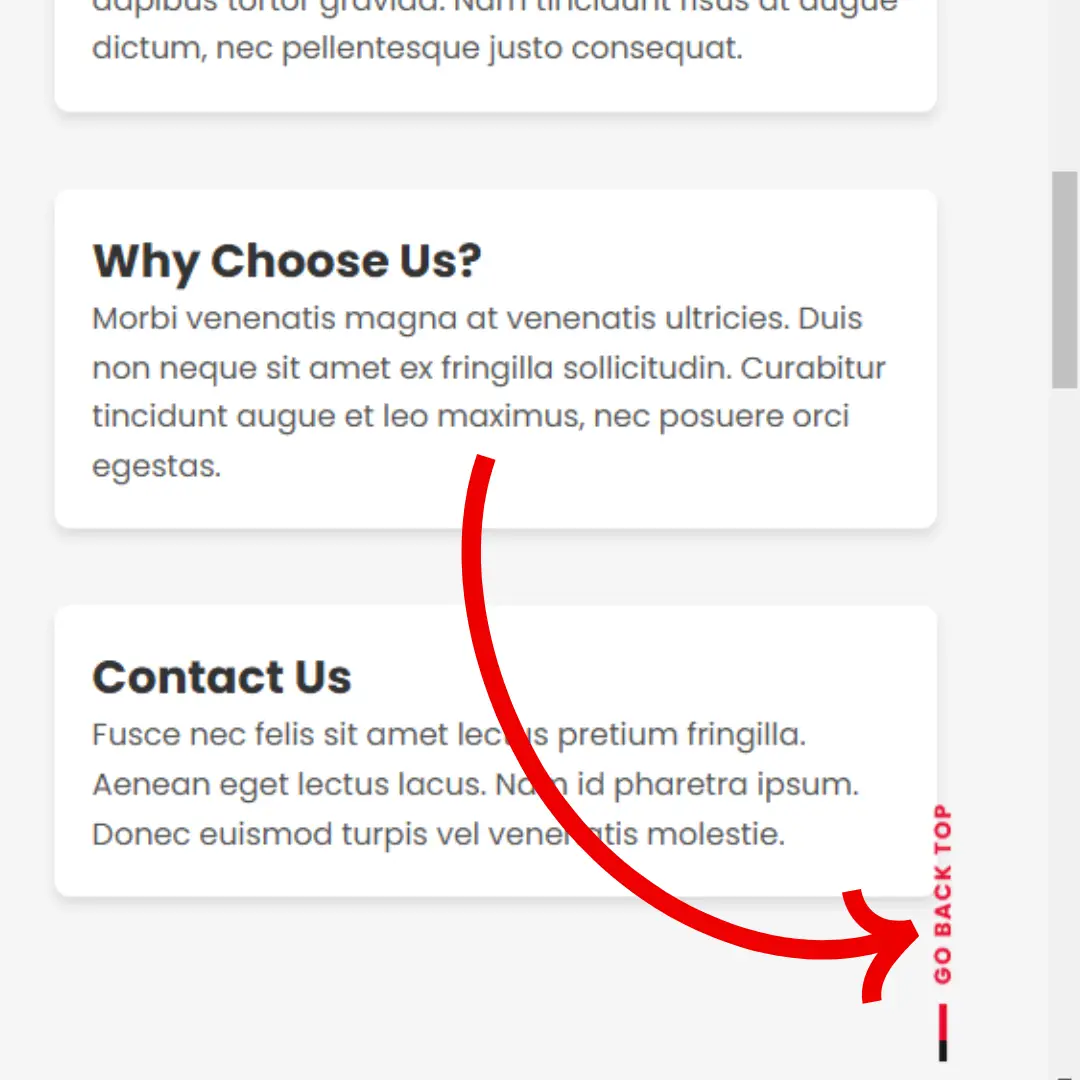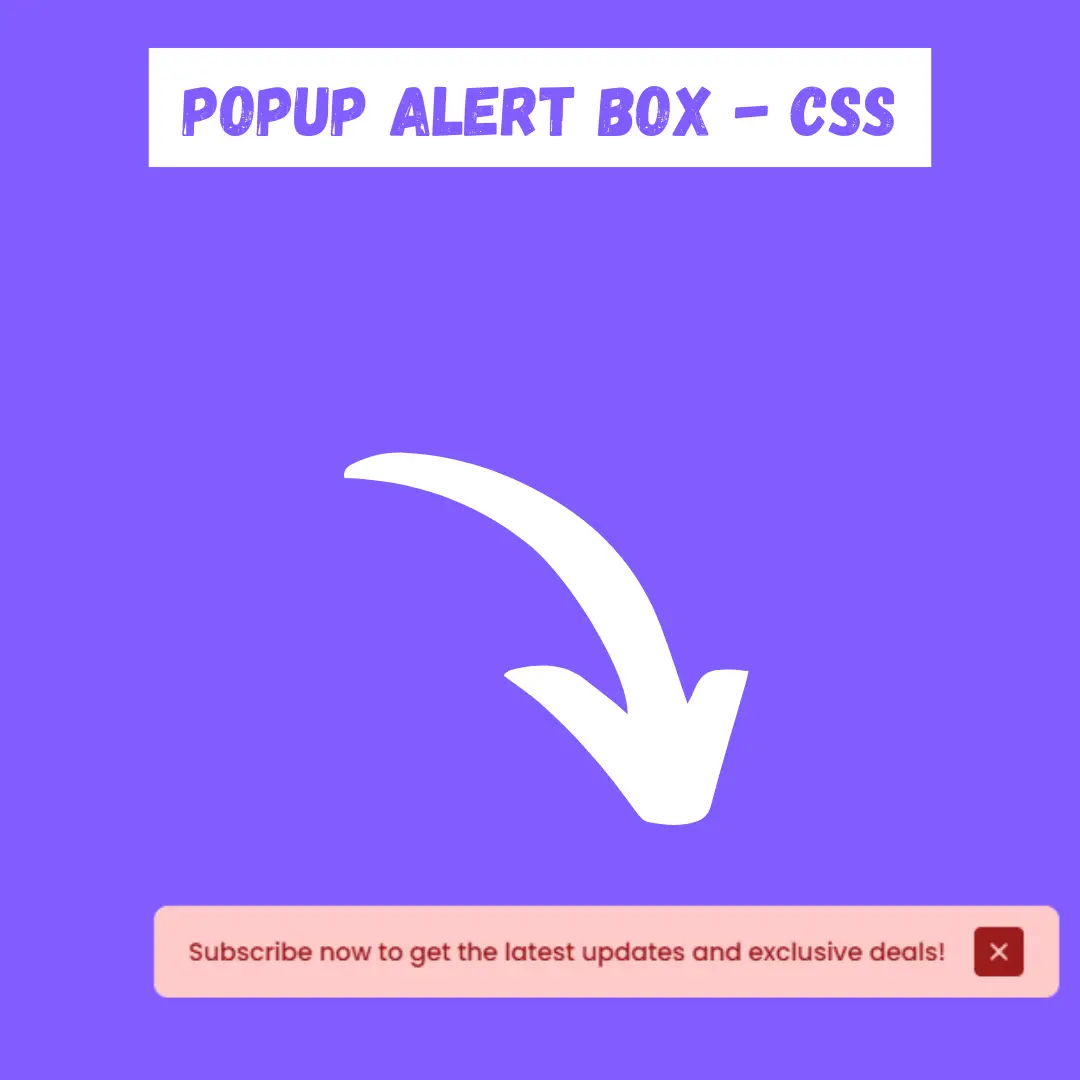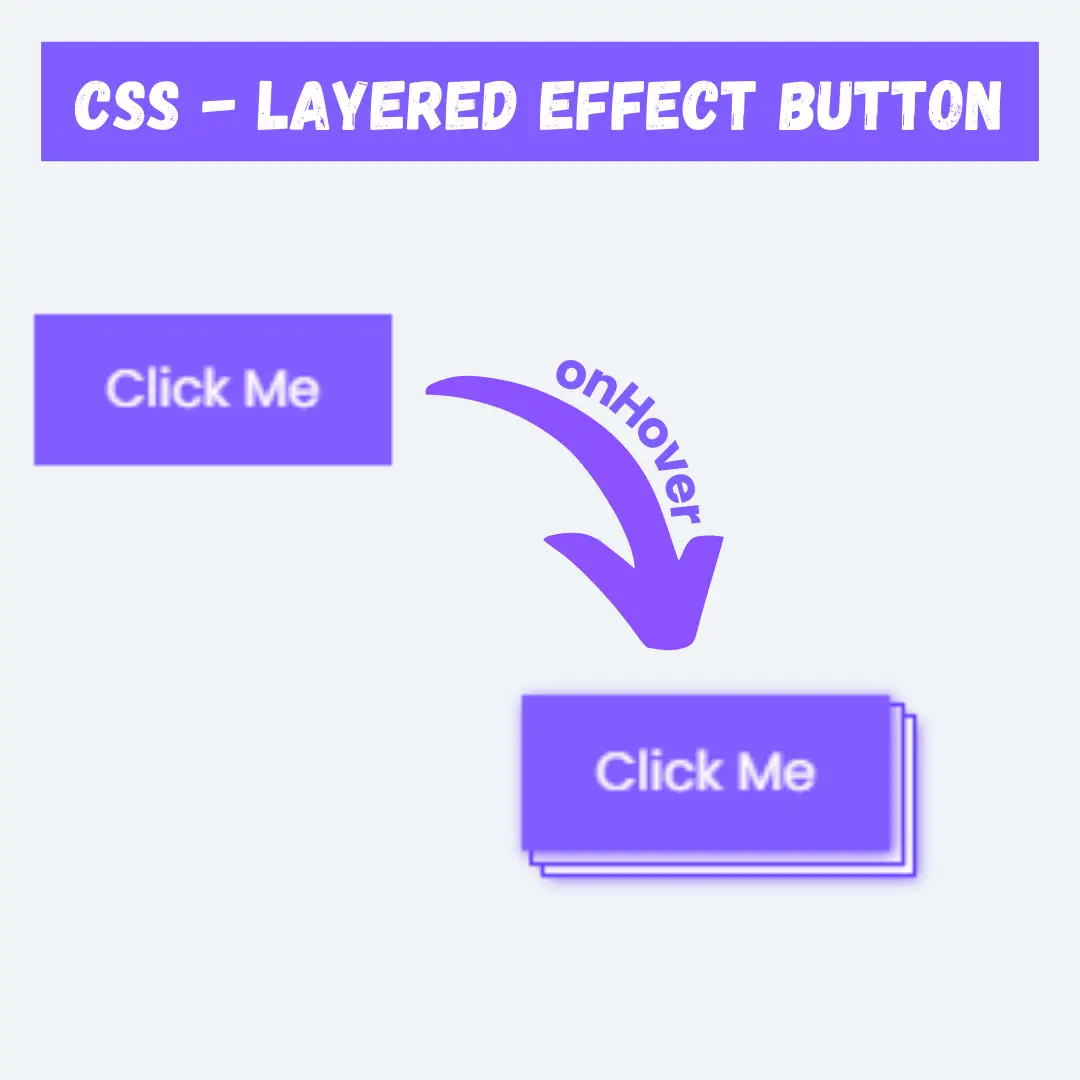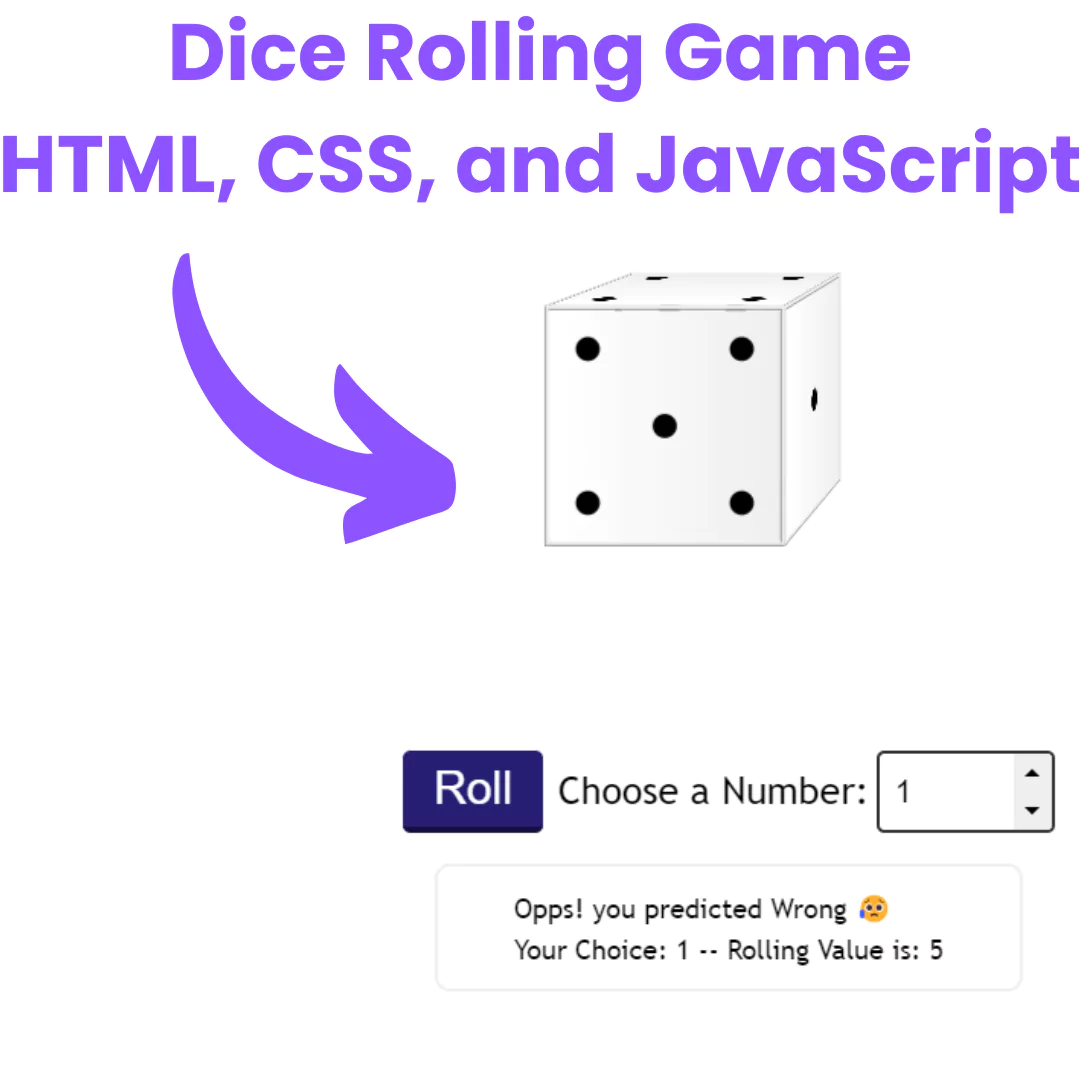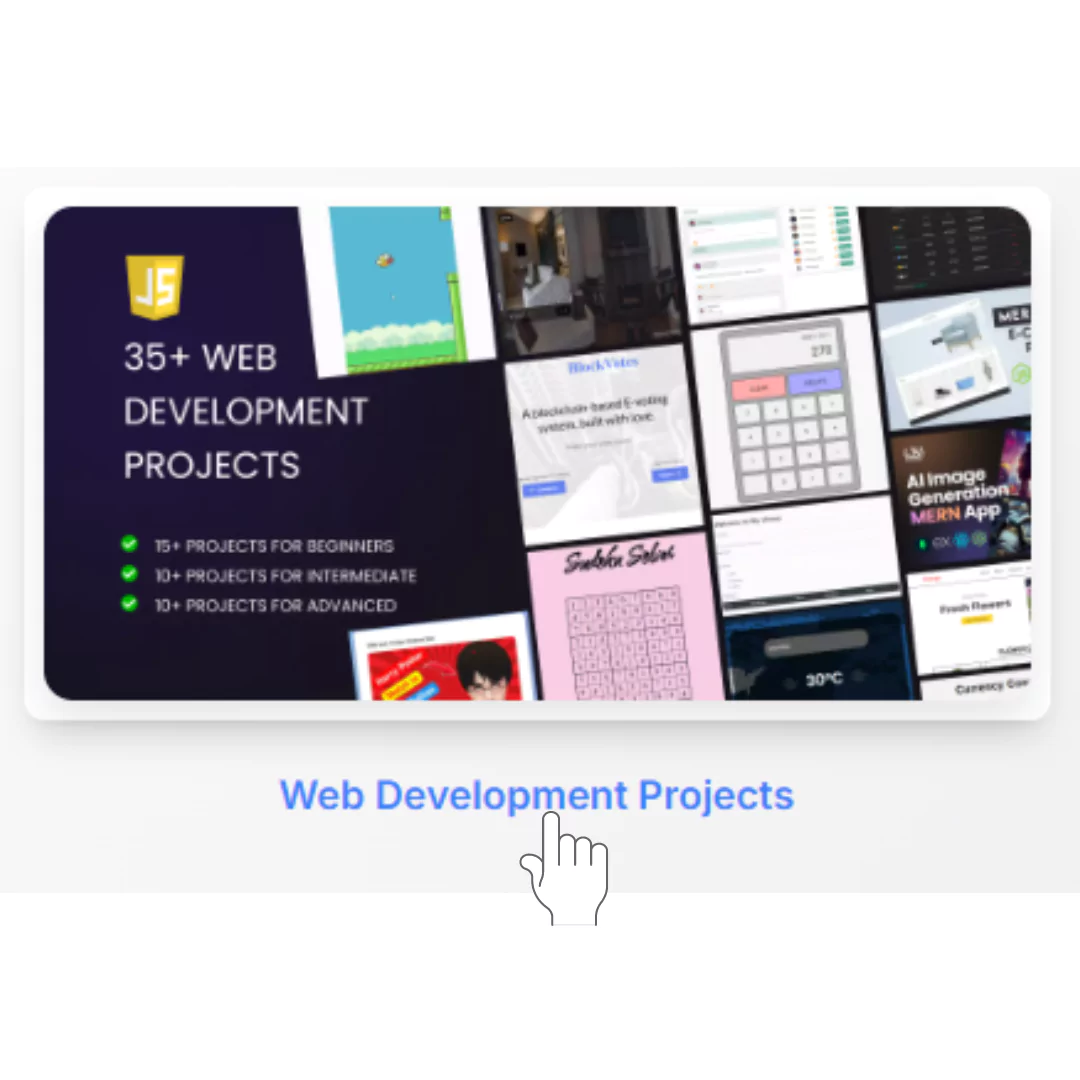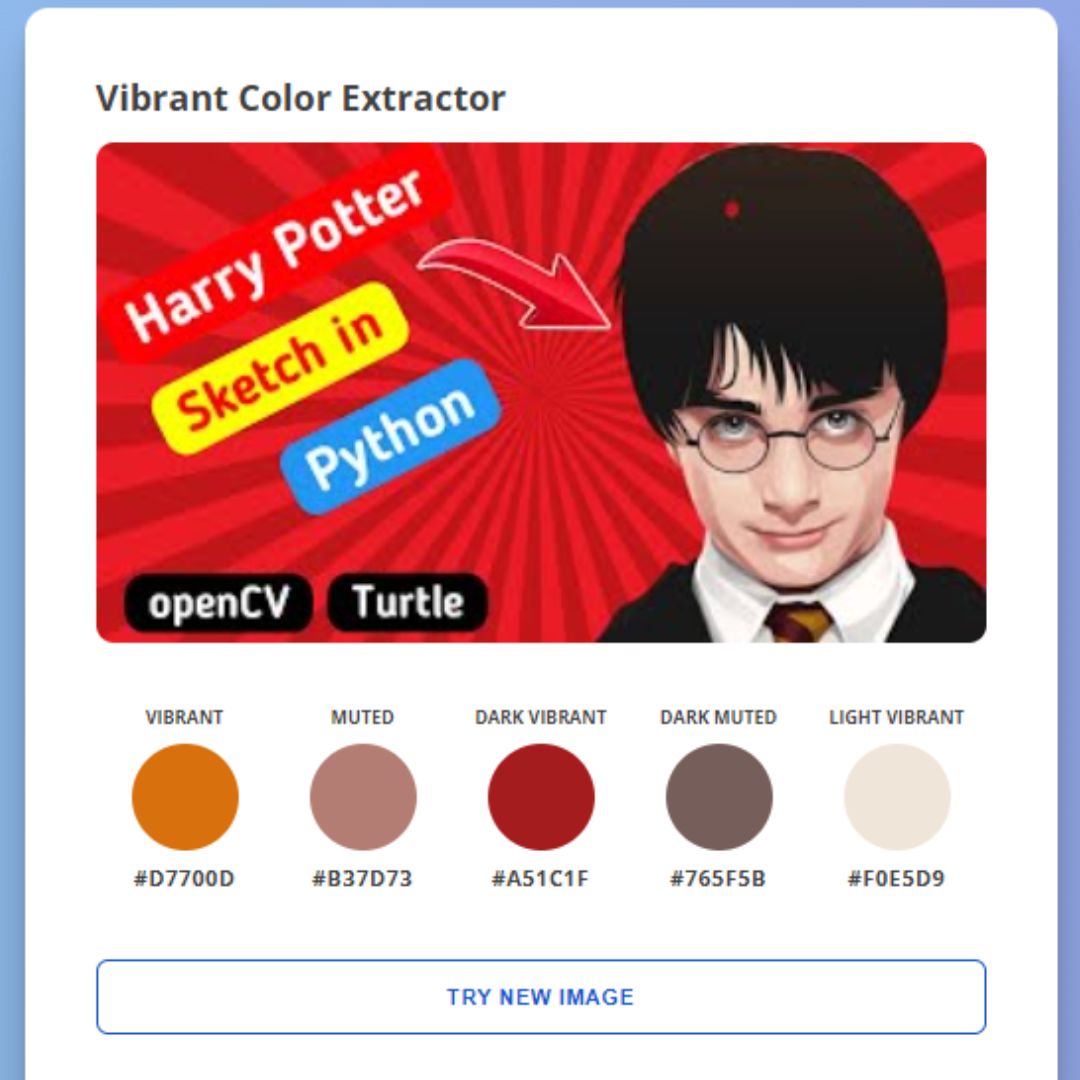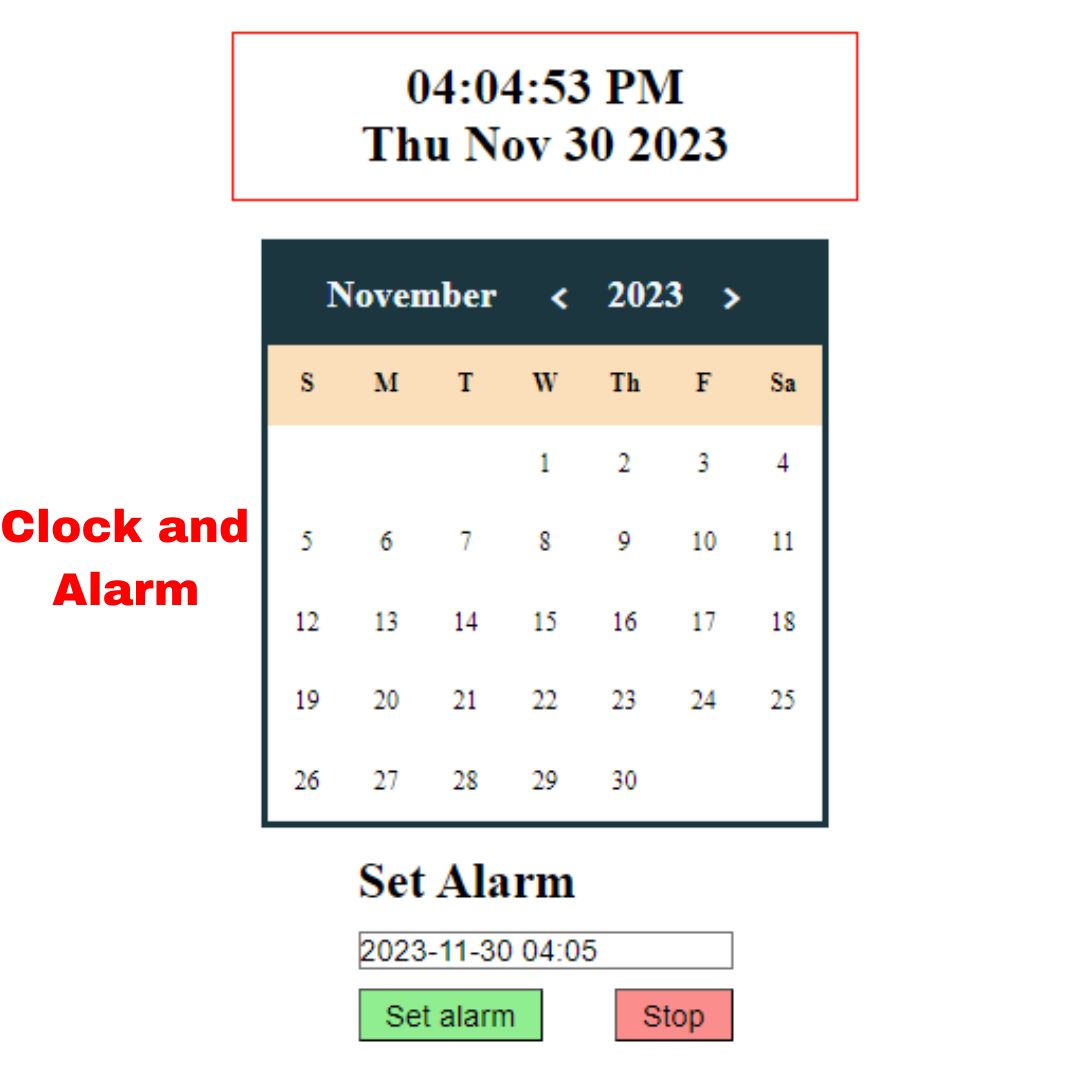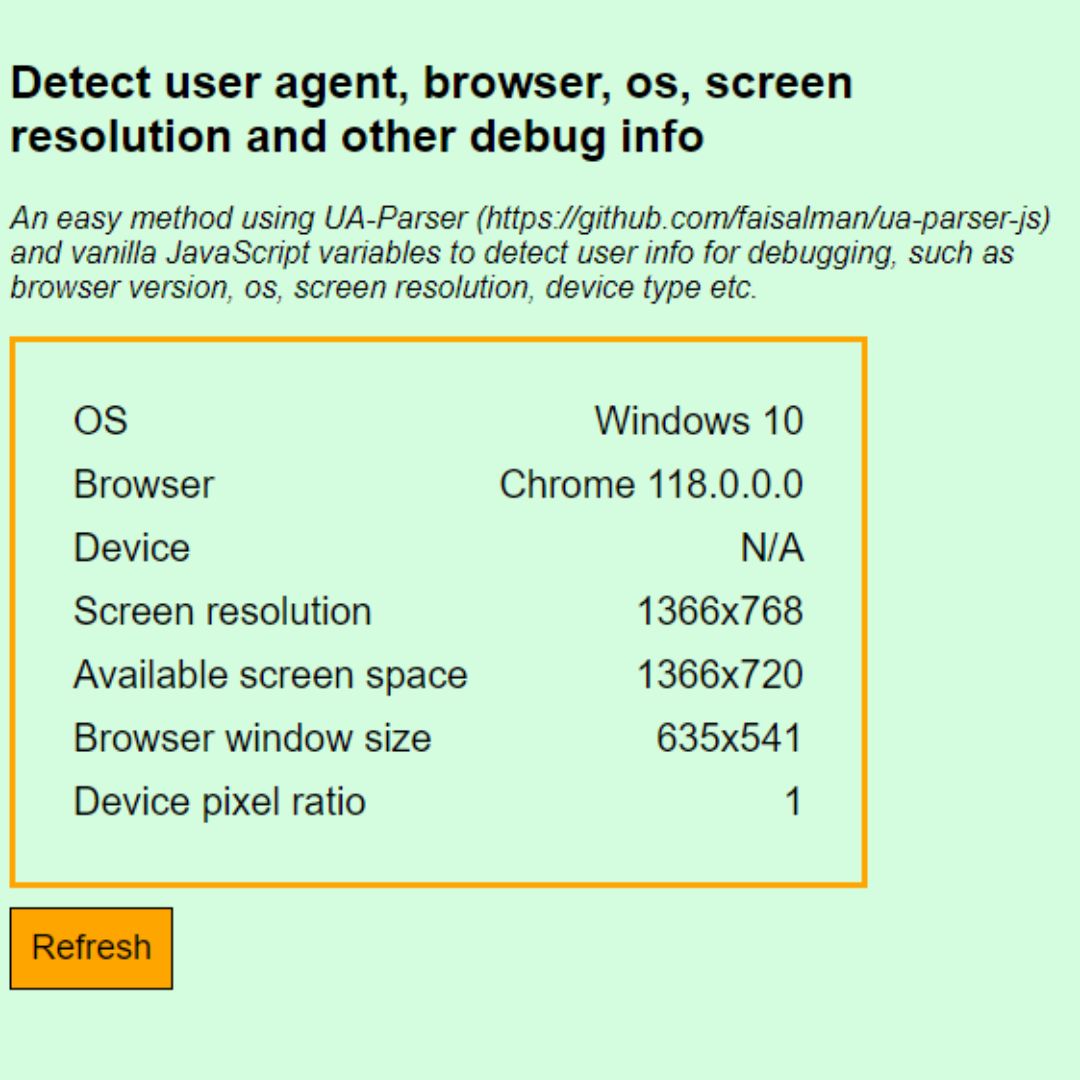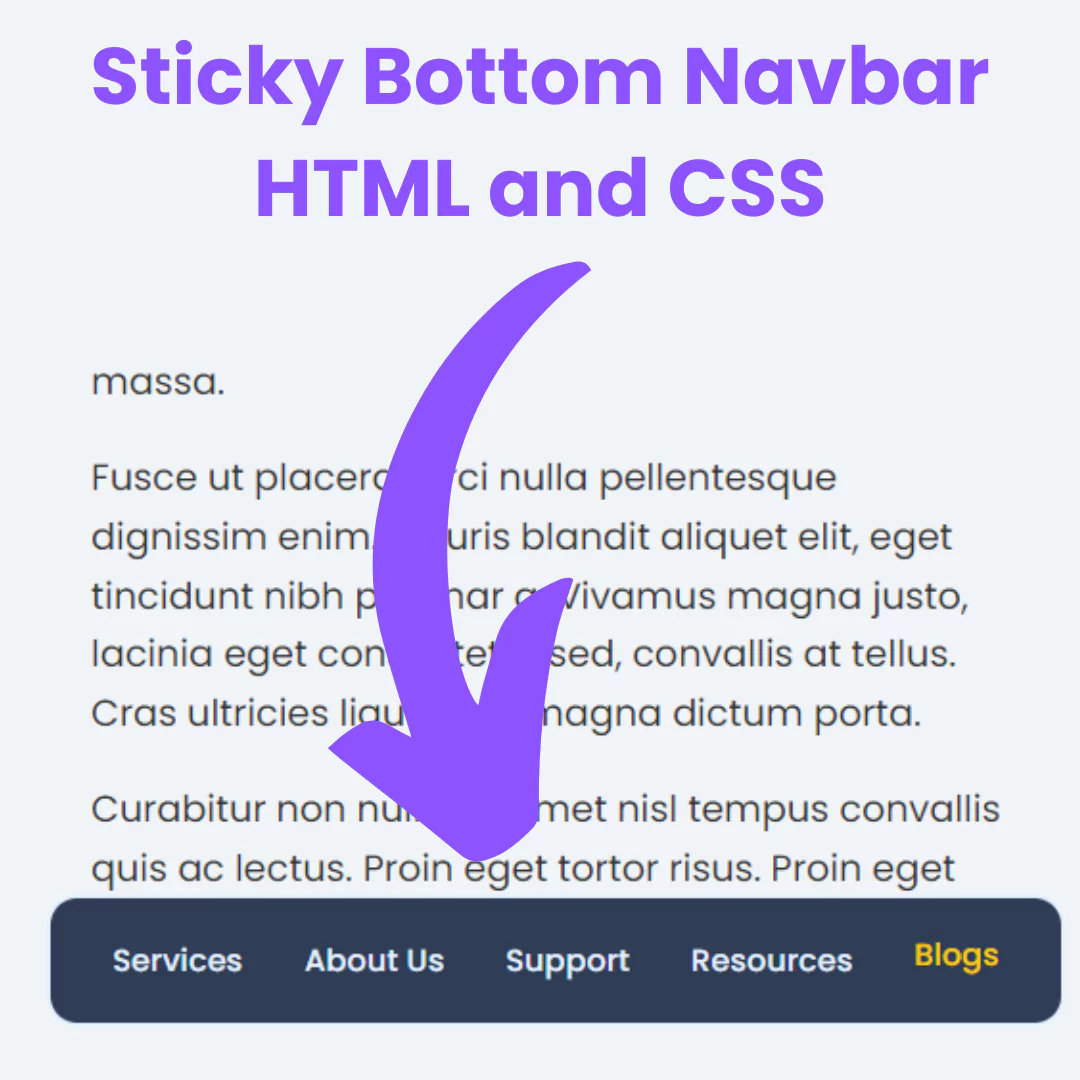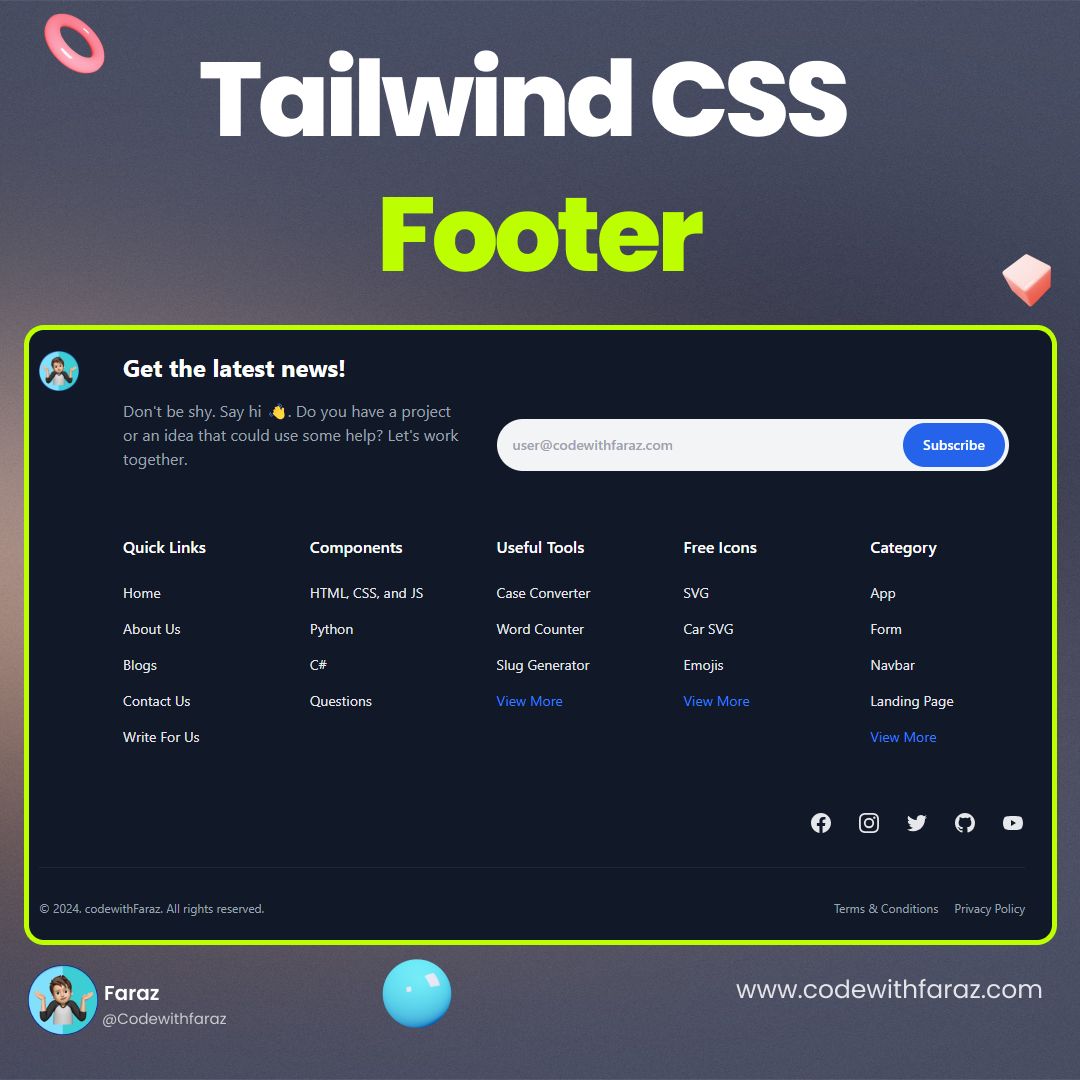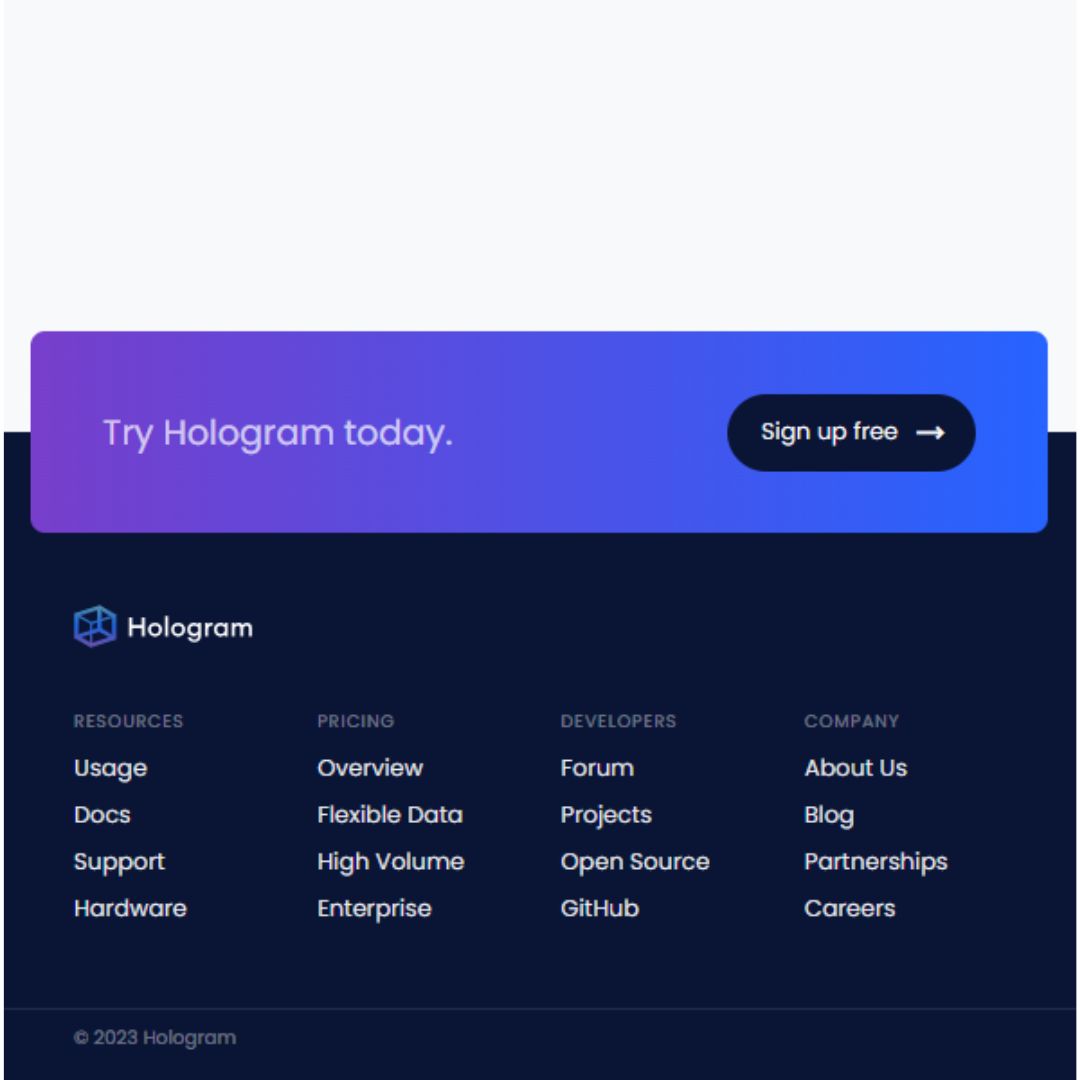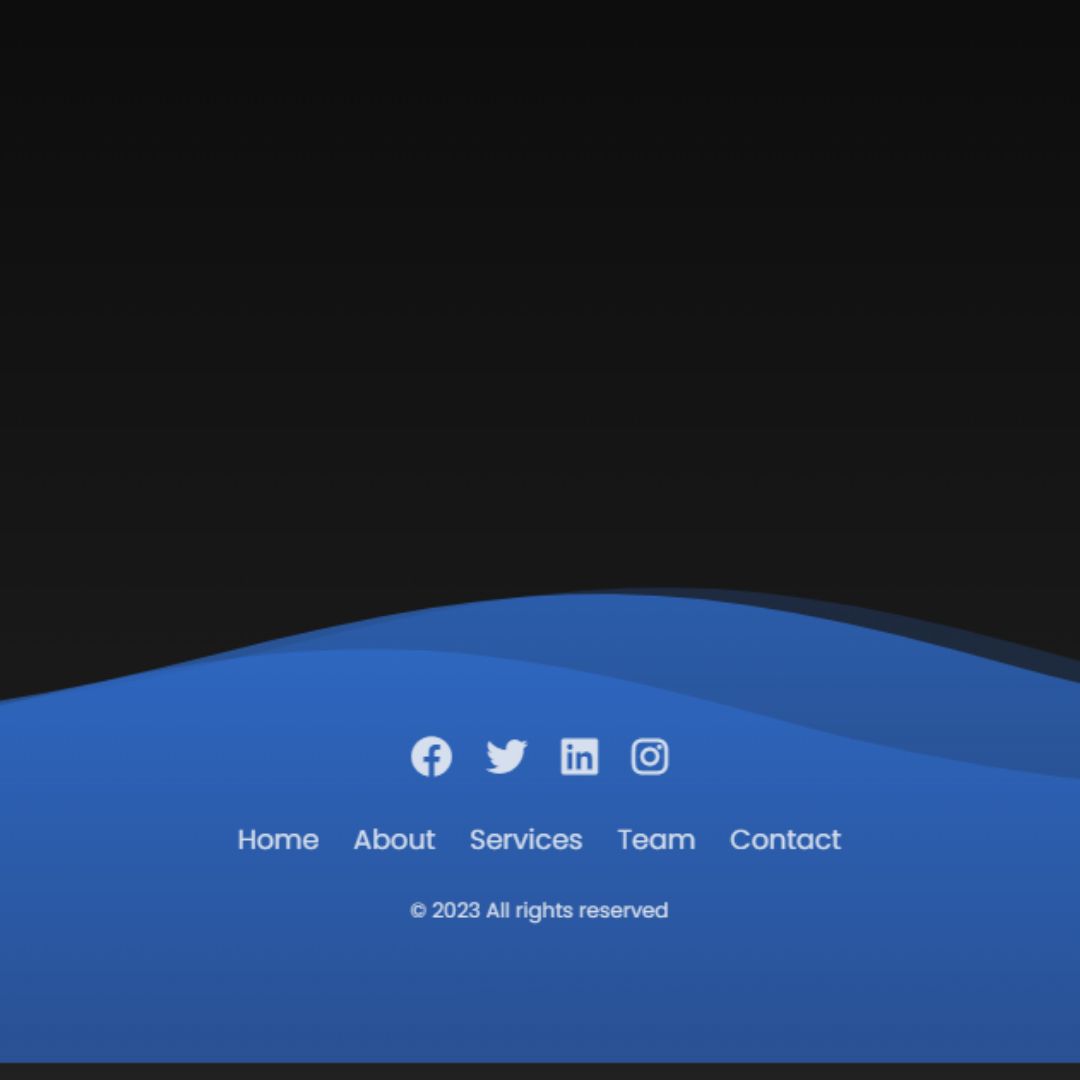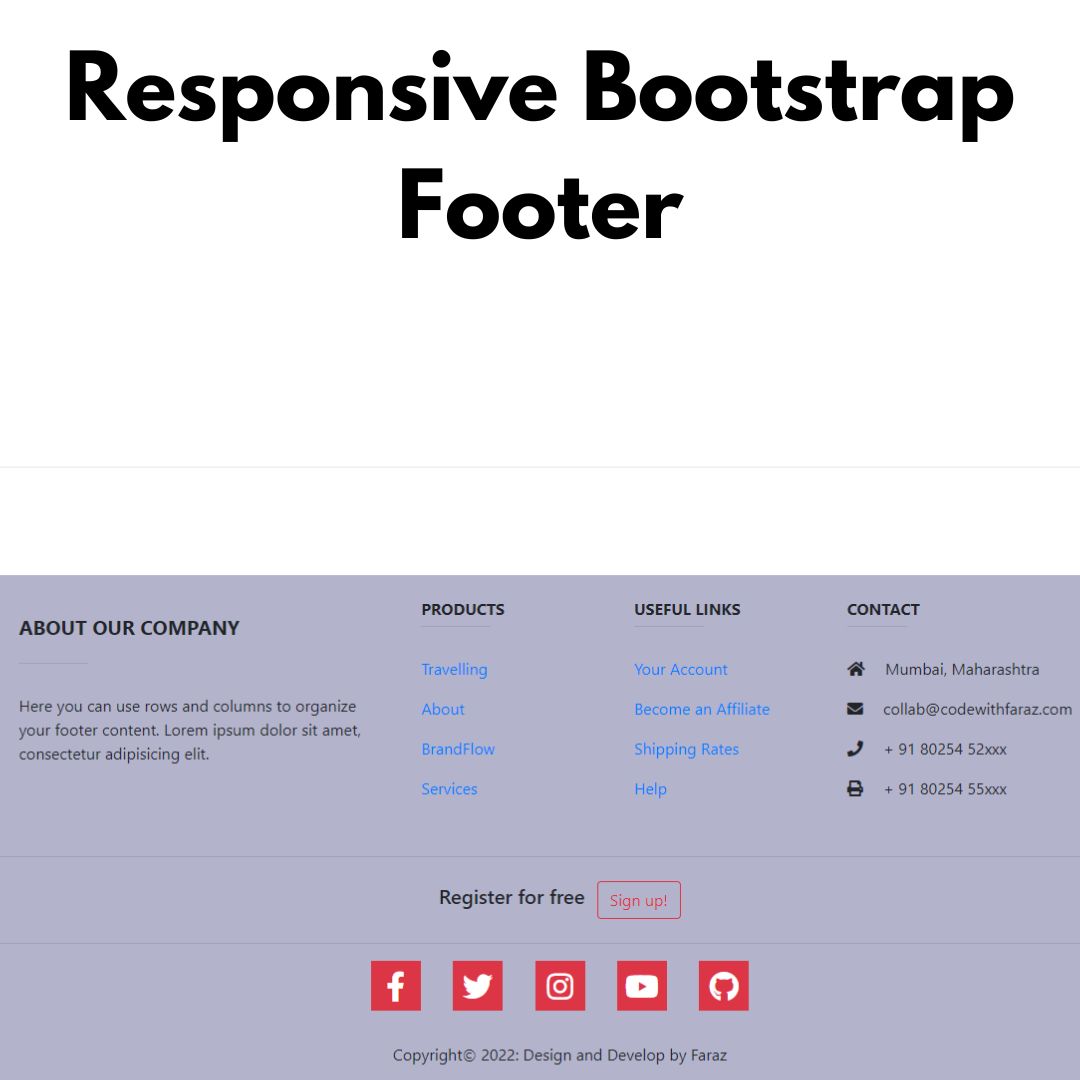Discover essential steps to launch a successful programming career in the USA. Learn about education, skills, job market insights, and networking tips.

Table of Contents
- Introduction
- Understanding the Programming Field
- Educational Pathways
- Building a Strong Foundation
- Choosing the Right Specialization
- Building Your Portfolio
- Gaining Experience
- Networking in the Tech Industry
- Crafting the Perfect Resume and Cover Letter
- Preparing for Job Interviews
- Negotiating Job Offers
- Continuing Education and Staying Current
- Advancing Your Career
- Balancing Work and Life
- Conclusion
- FAQs
1. Introduction
Are you ready to dive into the exciting world of programming? Whether you’re a recent graduate, a career changer, or someone looking to sharpen their skills, starting a successful programming career in the USA is a fantastic choice. With the tech industry booming and a constant demand for skilled programmers, there’s never been a better time to jump in. So, let’s explore the steps to set you on the path to a rewarding and prosperous programming career.
2. Understanding the Programming Field
Before you start, it’s essential to understand the landscape. Programming offers a variety of job roles, from front-end and back-end development to full-stack, mobile app development, and more. Popular programming languages in the USA include JavaScript, Python, Java, and C#. Keeping an eye on emerging trends, such as AI, machine learning, and blockchain, can also give you an edge in the job market.
3. Educational Pathways
When it comes to education, there are multiple routes you can take:
Formal Education: Computer Science Degrees
A traditional route involves earning a degree in Computer Science or a related field. Universities like MIT, Stanford, and Carnegie Mellon are renowned for their computer science programs. These degrees provide a solid theoretical foundation and are highly valued by employers.
Alternative Education: Bootcamps and Online Courses
Bootcamps and online courses offer intensive, short-term training that can be just as effective. Platforms like Codecademy, Coursera, and Udacity provide comprehensive courses that cater to different learning styles and schedules.
Self-Taught Routes: Resources and Strategies
If you prefer a self-paced learning environment, numerous free resources are available online. Websites like freeCodeCamp, GitHub, and Stack Overflow offer tutorials, code repositories, and community support to help you learn at your own pace.
4. Building a Strong Foundation
Fundamental Programming Concepts to Master
Before you can build advanced applications, you need to master the basics. Focus on learning fundamental programming concepts such as variables, data types, control structures, and algorithms.
Importance of Problem-Solving Skills
Programming is essentially problem-solving. Enhancing your analytical skills and practicing coding problems on platforms like LeetCode, HackerRank, and Codewars can make you a more proficient programmer.
Getting Hands-On Experience with Projects
Theory is crucial, but hands-on experience is where you truly learn. Start by building small projects and gradually tackle more complex ones. This practical experience is invaluable and will form the backbone of your portfolio.
5. Choosing the Right Specialization
The tech industry is vast, so it’s important to choose a specialization that aligns with your interests and career goals:
- Web Development: Web developers create and maintain websites. They can specialize in front-end (user interface), back-end (server-side), or full-stack (both) development.
- Mobile App Development: This specialization involves creating applications for mobile devices using languages like Swift for iOS and Kotlin for Android.
- Data Science and Machine Learning: Data scientists analyze and interpret complex data to help organizations make informed decisions. Machine learning engineers develop algorithms that allow computers to learn from and make predictions based on data.
- Cybersecurity: Cybersecurity specialists protect systems and networks from digital attacks. This field is growing rapidly as the need for secure systems becomes increasingly critical.
6. Building Your Portfolio
Importance of a Strong Portfolio
A strong portfolio showcases your skills and projects to potential employers. It’s your chance to prove what you can do beyond what’s on your resume.
Types of Projects to Include
Include a variety of projects that highlight your versatility. For example, web developers should include websites, APIs, and any relevant front-end or back-end work.
Showcasing Your Skills Effectively
Make sure your portfolio is easy to navigate and visually appealing. Use platforms like GitHub to host your code and consider creating a personal website to showcase your work.
7. Gaining Experience
Internships and Entry-Level Jobs
Internships are a great way to gain practical experience and make industry connections. Many companies offer entry-level positions that provide on-the-job training.
Freelancing and Gig Work
Freelancing allows you to work on diverse projects and build your portfolio. Websites like Upwork and Fiverr can help you find gig work opportunities.
Contributing to Open-Source Projects
Contributing to open-source projects is a fantastic way to gain experience and give back to the community. It also demonstrates your collaborative skills to potential employers.
8. Networking in the Tech Industry
Attending Tech Meetups and Conferences
Networking is key to career success. Attend local meetups and national conferences to meet other professionals, learn about industry trends, and discover job opportunities.
Joining Online Communities and Forums
Online communities like Stack Overflow, Reddit, and LinkedIn groups are excellent for networking and learning from others in the field.
Leveraging LinkedIn for Professional Networking
Create a compelling LinkedIn profile, connect with other professionals, and engage with industry-related content. LinkedIn is a powerful tool for job searching and networking.
9. Crafting the Perfect Resume and Cover Letter
Key Elements of a Programmer’s Resume
Include your education, relevant experience, technical skills, and projects. Use action verbs and quantify your achievements where possible.
Writing a Compelling Cover Letter
Your cover letter should complement your resume by providing more context about your skills and experiences. Tailor it to each job application to highlight how you can meet the employer's needs.
Tailoring Your Application for Different Roles
Customize your resume and cover letter for each job application. Highlight the skills and experiences most relevant to the role you’re applying for.
10. Preparing for Job Interviews
Common Interview Formats and Questions
Prepare for various interview formats, including phone screens, technical interviews, and behavioral interviews. Practice common questions to build your confidence.
Technical Assessments and Coding Challenges
Many companies require technical assessments. Practice coding challenges on platforms like HackerRank and LeetCode to hone your skills.
Behavioral Interview Tips
Behavioral interviews assess how you handle different situations. Use the STAR (Situation, Task, Action, Result) method to structure your responses.
11. Negotiating Job Offers
Understanding Typical Salary Ranges
Research salary ranges for your role and location using websites like Glassdoor and Payscale. This knowledge will help you negotiate effectively.
Negotiating Benefits and Other Perks
Salary isn’t the only aspect to negotiate. Consider benefits like health insurance, retirement plans, and flexible working conditions.
Making an Informed Decision
Evaluate the job offer as a whole, including the company culture, growth opportunities, and work-life balance. Make sure it aligns with your career goals.
12. Continuing Education and Staying Current
Importance of Lifelong Learning
The tech industry evolves rapidly. Committing to lifelong learning ensures you stay relevant and competitive.
Keeping Up with New Technologies and Trends
Follow industry blogs, attend workshops, and take courses to keep up with the latest technologies and trends.
Resources for Ongoing Education
Utilize resources like Coursera, edX, and Pluralsight for continuous learning. Participate in webinars and tech conferences to expand your knowledge.
13. Advancing Your Career
Setting Career Goals
Define your short-term and long-term career goals. Setting clear objectives will help you stay focused and motivated.
Seeking Mentorship and Guidance
Find mentors who can provide guidance, feedback, and support. A mentor can help you navigate your career path more effectively.
Pursuing Advanced Roles and Responsibilities
As you gain experience, seek opportunities to take on more responsibility. Advanced roles can include team lead, project manager, or specialized positions.
14. Balancing Work and Life
Managing Stress and Burnout
Programming can be intense. Develop strategies to manage stress and avoid burnout, such as regular breaks and mindfulness practices.
Finding a Healthy Work-Life Balance
Maintain a balance between work and personal life. Set boundaries and make time for hobbies and relaxation.
Tips for Maintaining Mental Health
Prioritize your mental health by staying connected with loved ones, engaging in physical activity, and seeking professional help if needed.
15. Conclusion
Starting a successful programming career in the USA is an exciting journey filled with opportunities. By following the steps outlined in this guide, you’ll be well on your way to achieving your career goals. Remember, the key is to keep learning, stay curious, and never stop improving your skills. The tech world is waiting for you—take the first step today!
16. FAQs
Q1. What is the best programming language to learn first?
The best language to start with depends on your goals. Python is great for beginners due to its simplicity and versatility, while JavaScript is essential for web development.
Q2. How can I get a programming job with no experience?
Build a strong portfolio with personal projects, contribute to open-source projects, and consider internships or entry-level positions to gain experience.
Q3. Is a degree necessary to become a programmer?
A degree can be beneficial but isn’t always necessary. Many successful programmers are self-taught or have completed bootcamps.
Q4. How much can I earn as a programmer in the USA?
Salaries vary by role, experience, and location. On average, a software developer can earn between $70,000 to $120,000 per year.
Q5. What are the biggest challenges programmers face?
Common challenges include staying up-to-date with new technologies, debugging complex issues, and managing work-life balance.
That’s a wrap!
Thank you for taking the time to read this article! I hope you found it informative and enjoyable. If you did, please consider sharing it with your friends and followers. Your support helps me continue creating content like this.
Stay updated with our latest content by signing up for our email newsletter! Be the first to know about new articles and exciting updates directly in your inbox. Don't miss out—subscribe today!
If you'd like to support my work directly, you can buy me a coffee . Your generosity is greatly appreciated and helps me keep bringing you high-quality articles.
Thanks!
Faraz 😊



